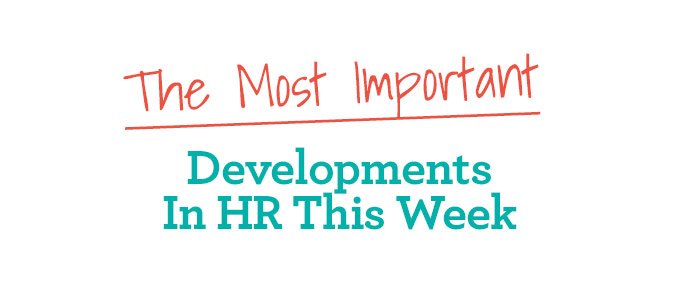
The gig economy just keeps growing. And it’s not just Uber and Lyft. Walmart is jumping on the gig economy train, too. Execs announced the company’s plan for the future this week, highlighting more self-checkouts, crowdsourced jobs like assembly and grocery delivery, and automation. The upside to crowdsourcing? Flexibility for workers; less expense for things like insurance and benefits for employers. Some estimates say gig workers amount to 34 percent of the U.S. workforce and that number is expected to rise to about half in 2020. More startling than that: Between 2005 and 2015, gig jobs accounted for 94 percent of the net job growth in the U.S. It has us wondering what that’s going to mean for traditional employment. The Atlantic


Sinclair Broadcast Group was under fire this week when a video of their anchors at stations nationwide reading a prepared statement taking aim at “fake news” went viral. It made people wonder why these journalists didn’t just quit. The answer might be that it’s too expensive. Bloomberg uncovered something interesting about their contracts. They include non-compete clauses, which are pretty standard, but the contracts also require employees to pay as much as 40 percent of their annual compensation back to the company if they leave before the term of their contract is up. And it’s not just the on-air talent. Their behind-the-scenes employees are bound by the same contract. Bloomberg


Everywhere you look, there are stories about the skills gap in the American workforce. What’s the deal with the skills gap all of a sudden? Why aren’t people being properly trained? On his weekly podcast, We’re Only Human, Ben Eubanks talks about this. It’s not a lack of training, he says, it’s that needed skills are changing faster than employers can train for them. The pace ramps up as technology and automation continue to evolve, and training people in these new skills needs to be a partnership between HR and department heads, who can identify the new skills that are needed now, and the skills that might be needed in the future. It’s going to take looking five years in the future at what kinds of skills will be needed then to keep pace with the changing needs of the workplace. Blog Talk Radio


This week, the Washington Post ran a story about terrible career advice. We’re suspecting the person who wrote it has never worked in HR. Along with telling job hunters to chill and realize their perfect job doesn’t exist, that it’s OK to cry at the office, to not be in it for the money, and to forget about trying to stand out by sending flowers to the person who interviewed you (Do people really do that?), the article advises people that it’s so last millennia to stay at a job for at least two years. If you’re not happy, it’s OK to leave your job after a few weeks or months! Every HR pro reading this just did a face-palm. We’re all for happiness and work-life balance, but considering the cost of hiring, onboarding, training, and the down time in productivity while all of that is happening, we’re betting most hirers would think twice about people who had more than one job hop on a resume. Washington Post


On March 28, a federal jury in Michigan ruled that Faisal Khalaf was subjected to workplace discrimination and retaliation after he reported the abuse, the Detroit Free Press reported . Khalaf was born in Lebanon and holds a PhD in industrial engineering. He worked for the automaker for more than 15 years. NY Times










